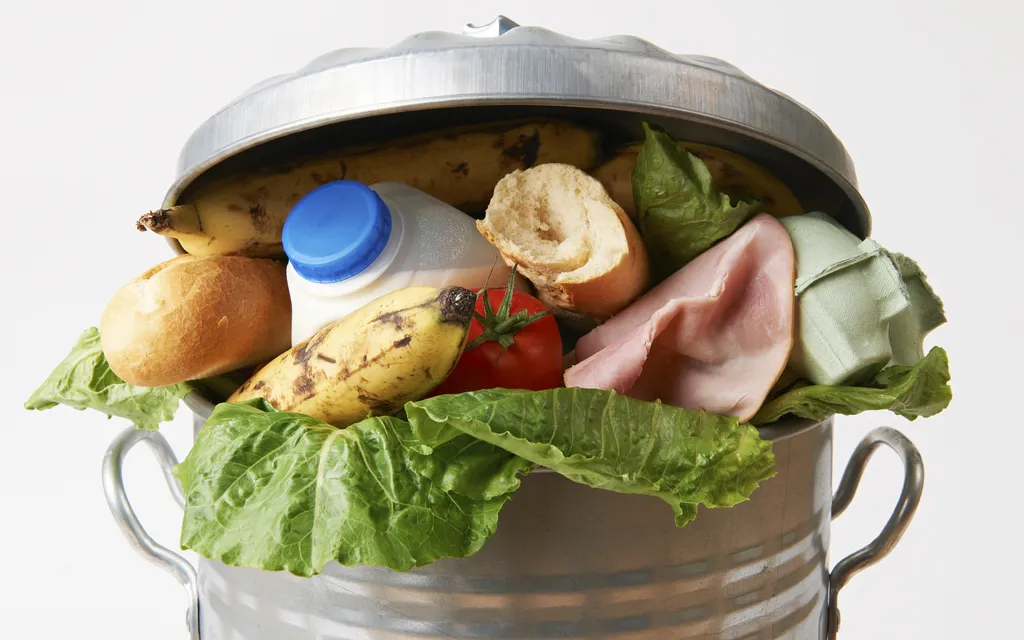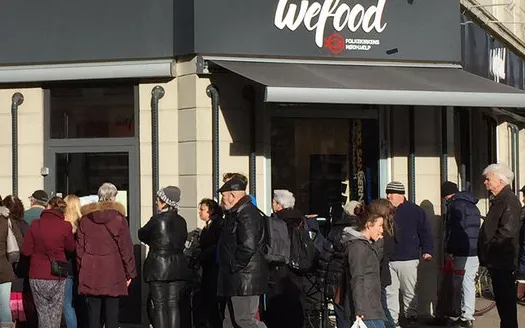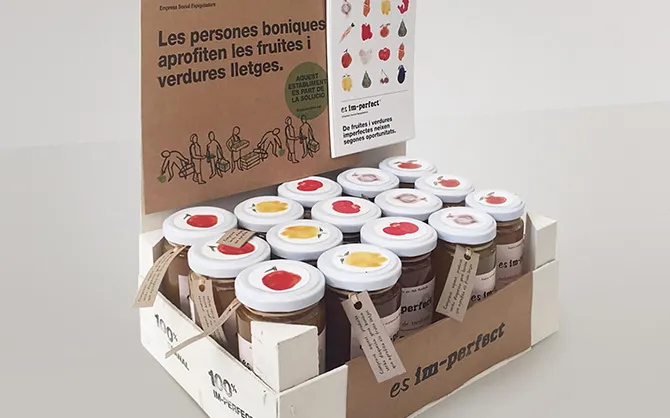According to the UNEP, a third of the food produced in the world is thrown away.
"We strongly believe food waste must end and we must ensure that future generations do not suffer the consequences of our ignorance”. These are the strong words used by the founding members of the NGO The Real Junk Food Charitable Foundation, the promoter of the first supermarket in the United Kingdom that sells food whose shelf life has expired, which opened in the Pudsey industrial estate, near Leeds. How do they do this? When they receive food that is discarded by food banks, restaurants, cafes or events (they don’t usually collaborate with large commercial platforms), volunteers from the NGO examine the food with their eyes, noses and palates. In doing this, they can determine if it is suitable for human consumption and avoid tonnes of food being thrown away with no control.
According to figures published by the UNEP, the United Nations Environment Programme, one third of the global food production is wasted or unused. This amounts to 1.3 billion tonnes (the equivalent of what is needed to feed 2 billion people). Another organization that is fighting against these shameful figures is DanChurchAid, which, in 2015, opened its first supermarket that only sells produce with slight faults or that is about to expire. The name of this supermarket is Wefood and, for the time being, it only has 80 volunteers and two paid staff. The produce they sell comes from small stores and supermarkets, and they also reuse newspapers and bread; after 15:00h, they sell everything half-price. The Real Junk Food has come up with an innovative way of paying, known as “Pay As You Feel”. Clients can either pay with money, time or collaborating with tasks in the NGO. Per Bjerre, from DanChurchAid in a statement made on the media Npr, said they do not wish to call their supermarket a social supermarket “because if we did, it would be difficult to get people to come”. “Who likes being poor?” Per adds, “If we want to end food waste, everyone must contribute”. This is a way of explaining how these supermarkets are for everyone, regardless of their income or social and economic status.
Legislation, a barrier that is difficult to overcome
Very often, many countries have restrictive laws that make it impossible to set up this kind of initiatives. In the United Kingdom, for instance, it is prohibited to sell products that are passed their expiry date. Supermarkets such as ASDA, Sainsbury’s or Tesco bring down the price of their products and sell them for just a few pennies when their sell-by date approaches.
However, The Real Junk Food doesn’t actually sell them; they actually bypass the law and implement this innovative payment method. In Denmark, WeFood also found a gap in the law, since the Danish Government’s legislative reform allows purchasing from supermarkets that simply throw away their unsold produce. They purchase the produce for €1.
Perhaps the case that has received most media coverage is France, a country that has just passed a new law banning supermarkets from throwing away food.
Espigoladors, a similar project in Catalonia
The non-profit organisation Espigoladors established by Mireia Barba collects food production surplus and in 95% of cases, gets these products out to social organisations. The aim is to tackle food waste while also empowering people at risk of social exclusion in a transforming, participatory, inclusive and sustainable way. For this to be possible, they use the brand name Es Im-perfect, the first in Spain to commercialise high-quality food from surplus production or fruit and vegetables that are imperfect.










Add new comment